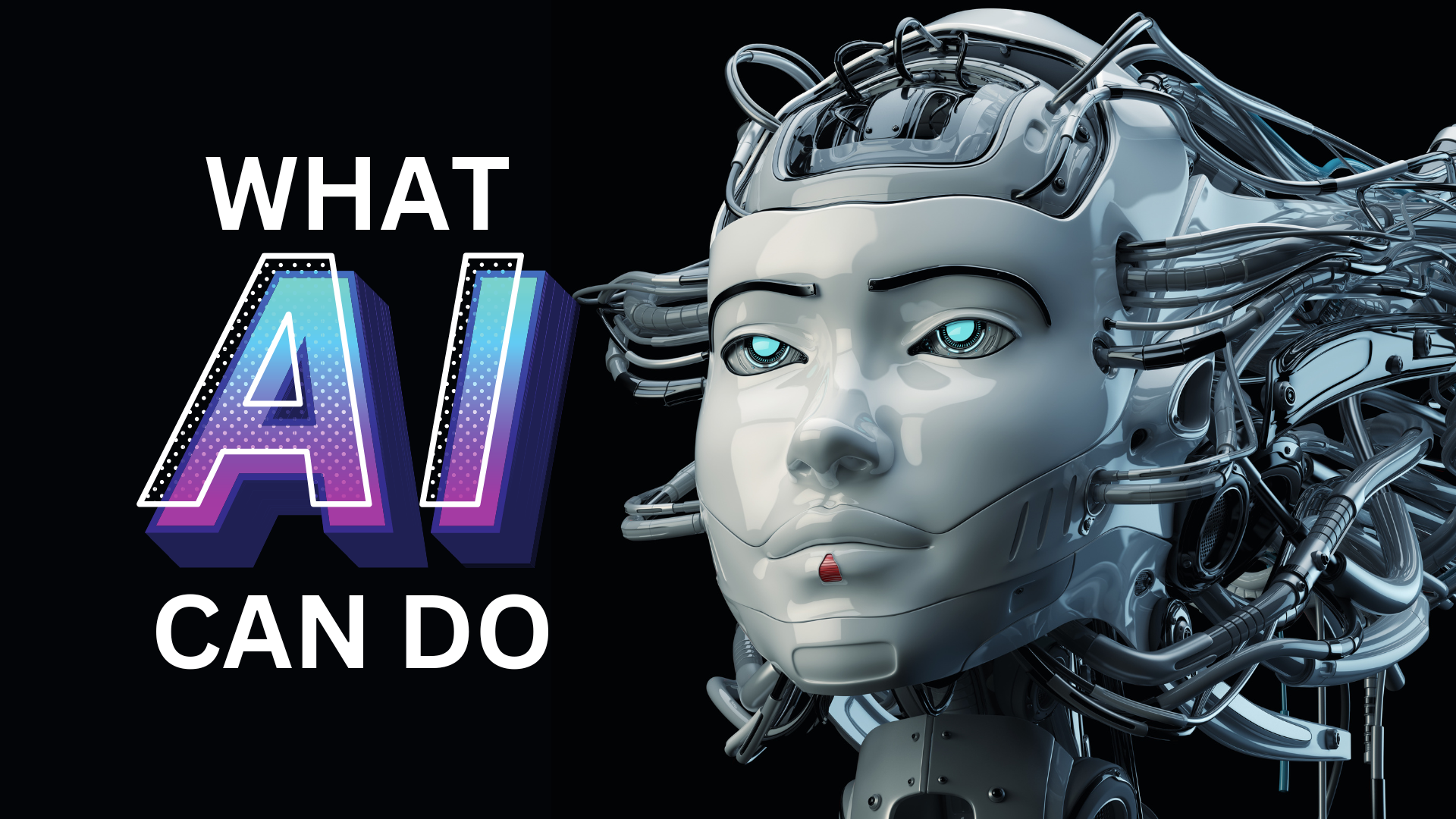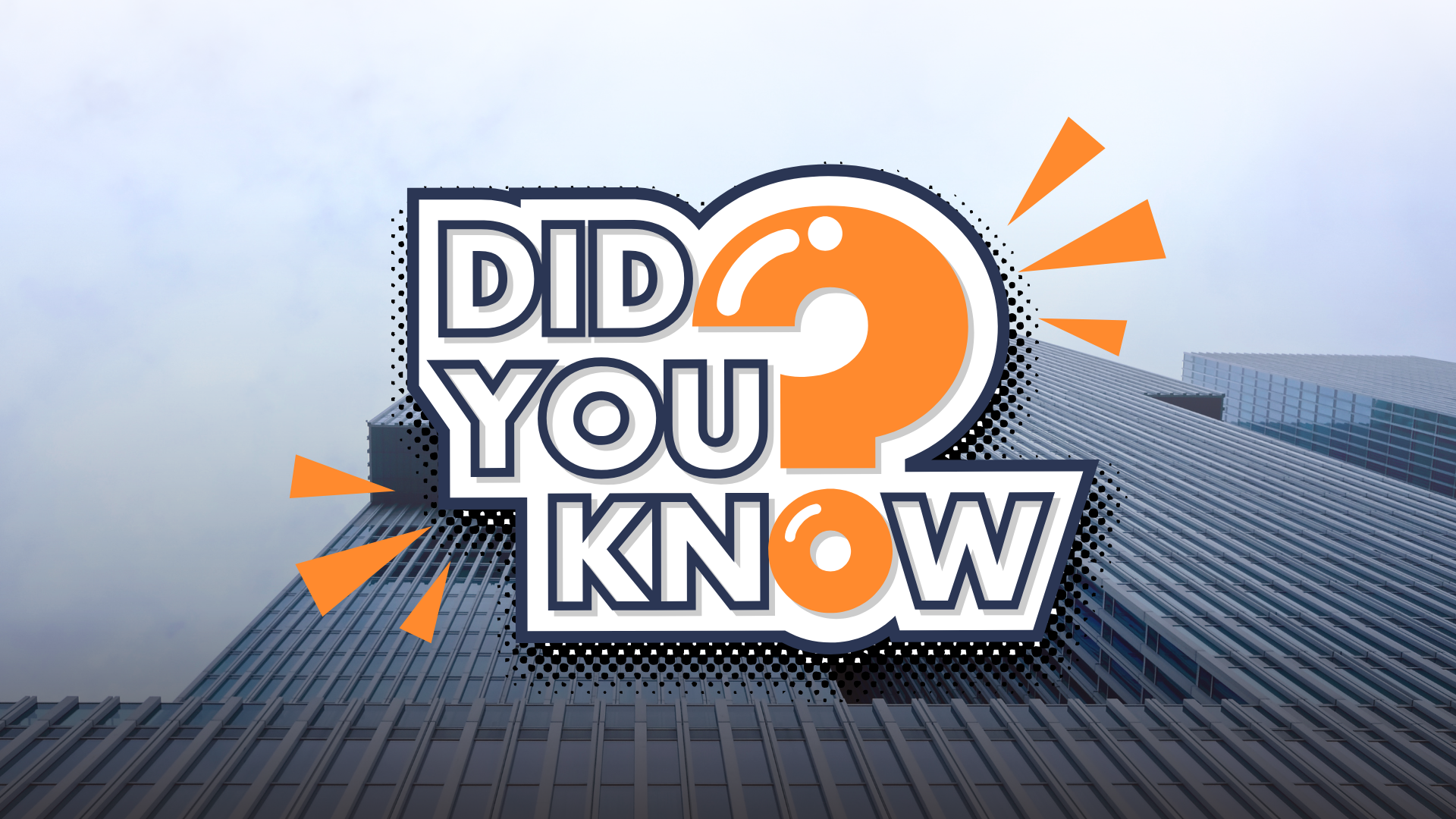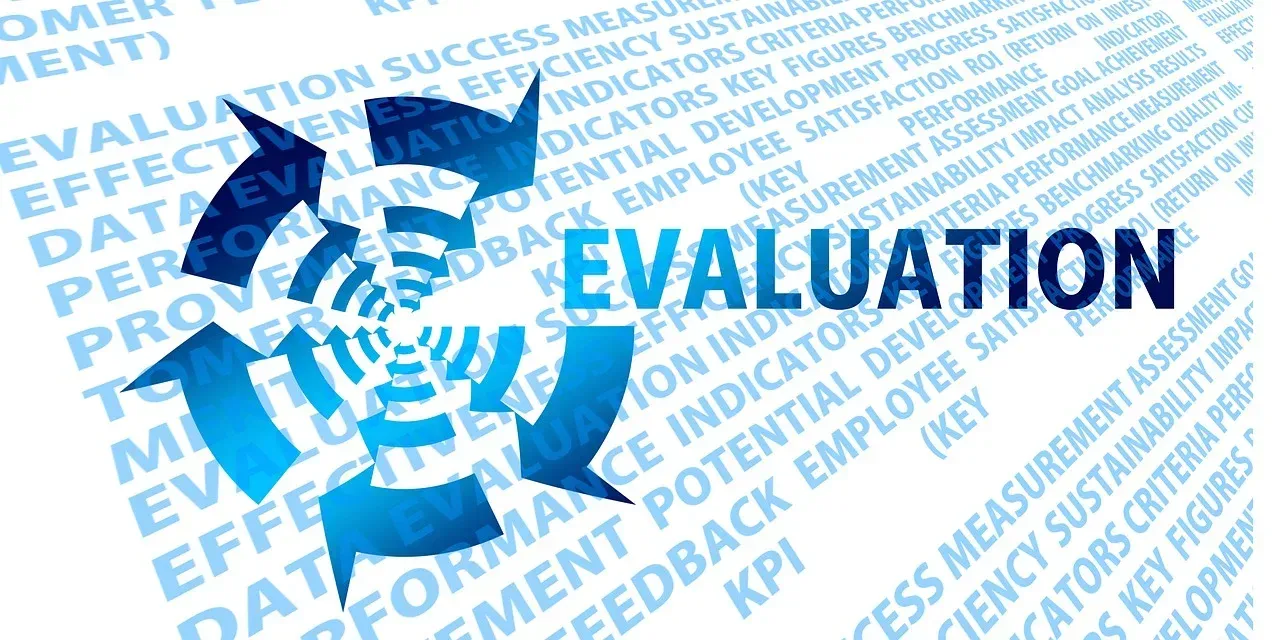Navigating the Landscape: AI in HR and the Imperative of Fair Practices

In the rapidly evolving realm of Human Resources, Artificial Intelligence (AI) has emerged as a game-changer, promising streamlined processes, enhanced decision-making, and increased efficiency. However, the integration of AI in the workplace HR arena brings with it a critical challenge: the potential for discrimination.
In this blog post, we delve into the implications of AI in HR, explore the specter of discrimination, examine the role of the Equal Employment Opportunity Commission (EEOC), and shed light on the Artificial Intelligence and Algorithmic Initiative.
AI in HR: Artificial Intelligence has revolutionized HR functions, automating tasks such as recruitment, employee onboarding, and performance evaluation. AI-driven tools analyze vast amounts of data to identify patterns, predict outcomes, and optimize decision-making processes. While these advancements bring undeniable benefits, they also raise concerns about bias and discrimination.
Discrimination Challenges: The use of AI algorithms in HR processes can inadvertently perpetuate or even exacerbate existing biases. If the data used to train these algorithms reflects historical inequalities, the AI systems may unknowingly replicate and perpetuate discriminatory practices. This can result in biased hiring decisions, unfair performance evaluations, and unequal access to opportunities.
EEOC Involvement: The Equal Employment Opportunity Commission (EEOC) plays a pivotal role in ensuring workplace fairness and preventing discrimination. As AI becomes more ingrained in HR practices, the EEOC has recognized the need to address potential bias in algorithmic decision-making. Organizations must remain vigilant and proactive in mitigating discrimination risks, aligning AI practices with EEOC guidelines to uphold equal employment opportunities.
Artificial Intelligence and Algorithmic Initiative: To address the challenges posed by AI in HR, the Artificial Intelligence and Algorithmic Initiative has been established. This initiative focuses on promoting transparency, accountability, and fairness in AI systems. It encourages organizations to adopt ethical AI practices, conduct regular audits, and ensure that AI technologies align with legal and ethical standards.
Navigating the Future: As organizations navigate the integration of AI into HR processes, it is crucial to strike a balance between leveraging technological advancements and maintaining fairness. Employers should actively engage in ongoing training, monitoring, and refinement of AI systems to identify and rectify potential biases. Collaboration with the EEOC and participation in initiatives like the Artificial Intelligence and Algorithmic Initiative can contribute to a more equitable and inclusive workplace.
Conclusion: While AI holds immense potential for transforming HR practices, organizations must remain vigilant to prevent discrimination. The EEOC's involvement and initiatives like the Artificial Intelligence and Algorithmic Initiative underscore the importance of ethical AI practices. By prioritizing fairness and transparency, businesses can harness the power of AI to create a workplace that promotes equal opportunities for all.
You might also like



